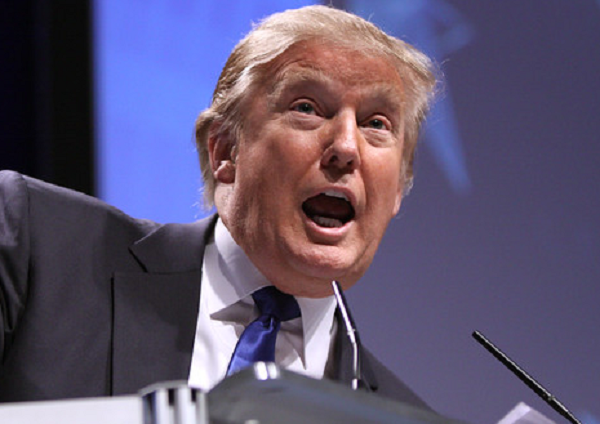The World Economic Forum (WEF) has urged global leaders to safeguard their economies from potential impacts caused by the upcoming U.S. presidential election. At the WEF’s annual summit in Davos, Switzerland, the organization, consisting of unelected globalist representatives, has been actively engaging with world leaders to discuss their strategies in anticipation of President Donald Trump’s potential re-election.
Bloomberg Television host Francine Lacqua questioned WEF members about their preparations for Trump’s possible return to power.
Throughout the week-long event, the globalist WEF members have consistently expressed concerns about the implications of Trump’s re-election on the global stage. On the final day of the summit, Lacqua moderated a panel discussion on “The Global Economic Outlook.”
Her first question went to to David Rubenstein, the co-founder and co-executive chairman of The Carlyle Group:
“David, a number of leaders have expressed concern of what Donald Trump in the White House means for fragmentation, for foreign policy.
“Is there any way that the rest of the world can Trump-proof their economies?”
“Ummm, if somebody has a way to do that, I think they should patent it and probably sell it to somebody else,” he began.
“It’d be very difficult to do.”
Europe’s representatives shared their perspectives on the matter. Lacqua subsequently directed her attention to Christian Lindner, Germany’s Federal Minister of Finance, and inquired about his thoughts on how “Europe should prepare.”
“I think we are talking too much about Donald Trump in Europe, and we should prepare ourselves for a possible second term for Donald Trump by fostering our European competitiveness,” Lindner said.
“Doing our homework is the best preparation for a possible second term of Donald Trump, and this includes our capabilities to defend ourselves.”
He proceeded to make the case that striving to become an economically and NATO-wise “desirable ally” is the most effective approach to guarantee a strong alliance with the United States, to the extent that the outcome of the 2024 presidential election, whether it be Biden or Trump, will be inconsequential.
European Central Bank’s President responded:
“I think the best defense, if that’s the way you want to look at it, is attack. And to attack properly, you need to be strong at home.
“So being strong means to have a strong deep market, having a real single market.”
She further argued for a transition for the European economy toward becoming a “greener economy, which relies, certainly for a period of time, on fossil fuel, but less so, as was indicated in the last COP28, and moves towards renewables, where investment is badly needed.”






